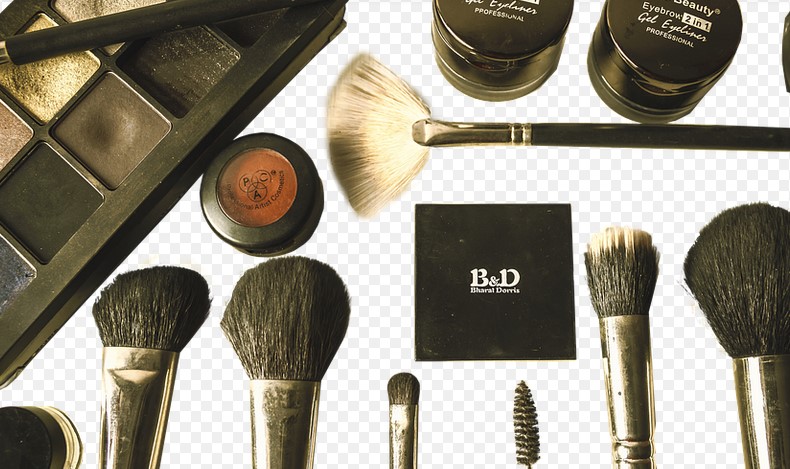Introduction
Laundry is an essential household chore that we all have to do. It ensures that our clothes, towels, and beddings are clean and hygienic. However, with the rise of infectious diseases, the question arises, does the dryer kill bacteria? This article will explore the answer to this question.
The Function of a Dryer
Before we delve into whether the dryer kills bacteria or not, we need to understand the function of a dryer. A dryer uses heat and airflow to remove moisture from clothes. The heat comes from an electric or gas-powered heating element, while the airflow comes from a fan.
Bacteria on Clothes
Bacteria can be found on clothes, especially if they have been worn for an extended period. Sweat, food, and other bodily fluids can attract bacteria, making clothes a breeding ground for germs. These bacteria can cause infections and illnesses, making it essential to get rid of them.
Does the Dryer Kill Bacteria?
The answer is yes and no. The heat from the dryer can kill some bacteria, but not all. According to research, a dryer needs to reach a temperature of at least 140°F to kill most bacteria. However, not all dryers can reach this temperature, making it difficult to rely on them to kill bacteria.
Other Factors
Apart from the temperature of the dryer, other factors can affect its ability to kill bacteria. The size of the load, the type of fabric, and the length of the drying cycle can all impact the effectiveness of the dryer in killing bacteria.
Alternatives
If you’re concerned about bacteria on your clothes, there are other alternatives to consider. You can use a disinfectant laundry detergent or add vinegar or baking soda to your wash cycle to kill bacteria. You can also hang your clothes in direct sunlight, which can also kill bacteria.
Tips for Using a Dryer
If you decide to use a dryer to help kill bacteria, there are some tips you should keep in mind. First, make sure you clean the lint filter after every use. A clogged filter can reduce the airflow in the dryer, making it less effective in killing bacteria. Second, avoid overloading the dryer, as this can reduce its efficiency. Lastly, consider using a high-heat setting to help kill bacteria.
Conclusion
In conclusion, the dryer can help kill bacteria, but it’s not a foolproof method. Factors such as temperature, load size, fabric type, and drying time can all affect its effectiveness. If you’re concerned about bacteria on your clothes, consider using a disinfectant laundry detergent, adding vinegar or baking soda to your wash cycle, or hanging your clothes in direct sunlight.

